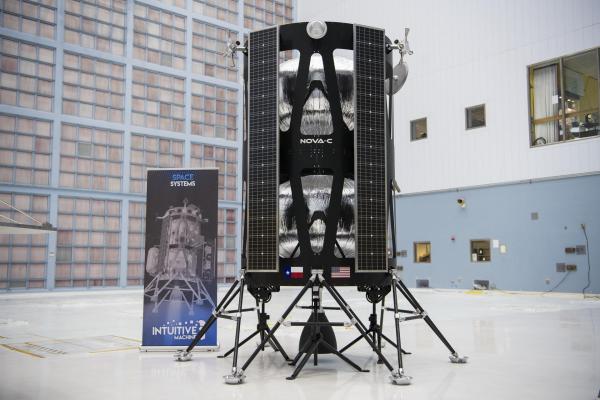
NASA has opened up a call for companies to join the ranks of its nine existing Commercial Lunar Payload Services (CLPS) providers, a group it chose in November after a similar solicitation for proposals. With the CLPS program, NASA is buying space aboard future commercial lunar landers to deliver to the surface of the Moon its future research, science and demonstration projects, and it’s looking for more providers to sign up as lunar lander providers. Contracts could prove out to $2.6 billion and extend through 2028.
The list of nine providers chosen in November 2018 includes Astrobotic Technology, Deep Space Systems, Draper, Firefly Aerospace, Intuitive Machines, Lockheed Martin, Masten Space Systems, Moon Express and OrbitBeyond. NASA is looking to these companies, and any new firms added to the list as a result of this second call for submissions, to deliver both small and mid-size lunar landers, with the aim of delivering anything from rovers, to batteries, to payloads specific to future Artemis missions with the aim of helping establish a more permanent human presence on the Moon.
NASA’s goal in building out a stable of providers helps its Moon ambitions in a few different ways, including providing redundancy, and also offering a competitive field so they can open up bids for specific payloads and gain price advantages.
At the end of May, NASA announced the award of more than $250 million in contracts for specific payload delivery missions that were intended to take place by 2021. The three companies chosen from its list of nine providers were Astrobotic, Intuitive Machines and OrbitBeyond, although OrbitBeyond told the agency just yesterday that it would not be able to fulfill the contract awarded due to “internal corporate challenges,” and backed out of the contract with NASA’s permission.
Given how quickly one of their providers exited one of the few contracts already awarded, and the likely significant demand there will be for commercial lander services should NASA’s Artemis ambitions even match up somewhat closely to the vision, it’s probably a good idea for the agency to build out that stable of service providers.



